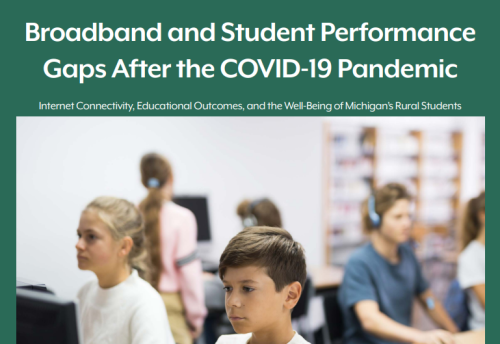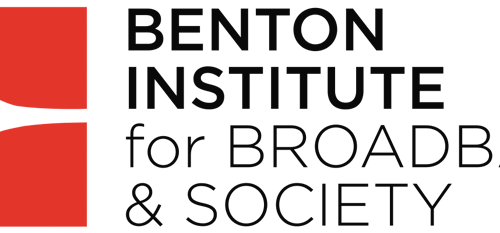Well, no, actually there isn’t (at least not yet). But there are some intriguing and potentially important efforts underway to give democracy a much needed boost via Internet-based applications and platforms.
It’s certainly not hard to make the case that some help is needed, and the sooner the better. A short and incomplete list of problems plaguing the U.S. political system includes campaign finance reform, gerrymandering, the Senate filibuster, voter disenfranchisement, and the apathy and non-voters all this engenders.
Speaking of the latter, one data point recently brought to my attention is that only 10% of California’s eligible voters aged 18-24 voted in the 2014 mid-term election. That’s shocking and downright depressing.
But it’s not all bad news about millennials and the prospects for their political participation. The potentially good news is that these same politically turned off young peoples are probably the most likely to adopt tech-based tools that can make political participation seem (and actually be) empowering rather than pointless.
The potential of civic tech to enhance democracy was a major theme at the ninth annual Voting and Elections Summit, held Feb. 5-6 at George Washington University in DC, and co-sponsored by Fair Vote, the Lawyers’ Committee for Civil Rights Under Law, the Overseas Vote Foundation and the U.S. Vote Foundation.
For anyone interested in this topic (and, more generally, in the future of our democracy), I’d recommend the following five videos, which discuss a number of intriguing civic tech initiatives:
The My Voter Account: Your Personal Democracy App, which is being developed by the U.S. Vote Foundation.
Civinomics, whose web site invites citizens and government to “Vote on or propose new policy for your city, state or country. Start a transparent dialogue about public services in your community. Collect polling data and feedback.”
PopVox, whose home page explains that the company “combines the power of public input and personal stories with legislative data in a format optimized for maximum policy impact.”
Reinvent Democracy, Inc. (RDI), whose patented Interactive Voter Choice System (IVCS) is probably the most ambitious of the initiatives discussed at the conference in terms of the comprehensive scope it is targeting. According to RDI’s website, IVCS is a “global social network empowering voters to reinvent democracy from the bottom up.” This bottom-up reinvention is enabled by an integrated set of “agenda setting, political organizing and consensus building tools [that] enable voters across the political and ideological spectrum to join forces online to take control of elections and legislation.” [Disclosure: I am currently a member of RDI’s advisory board, and agree with its core argument that the problems with our democracy are mutually reinforcing and systemic, and require a comparably systemic solution to be adequately addressed].
I’d also recommend the roundtable discussion that includes representatives from all of the above initiatives and one or two more.
You can watch all the presentations from the Voting and Elections Summit here.
I hope to return to this topic in later posts, and invite comments on any of the initiatives featured at the conference, other efforts and studies in this field, and your own thoughts on this important subject.



